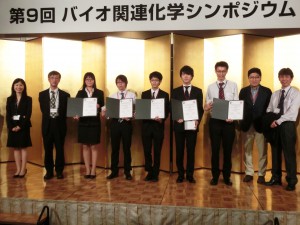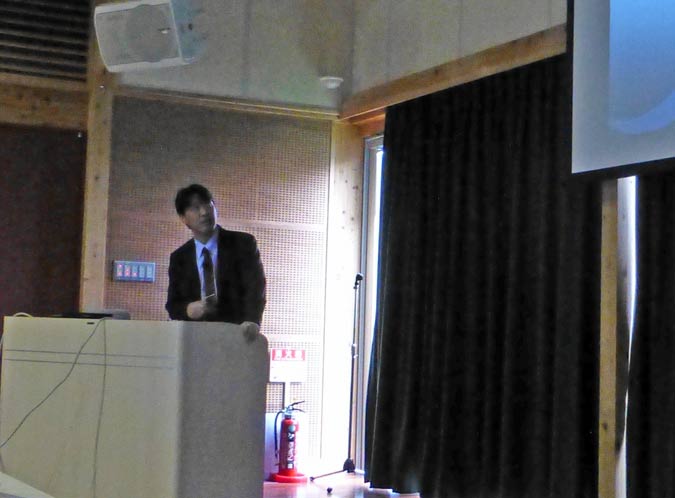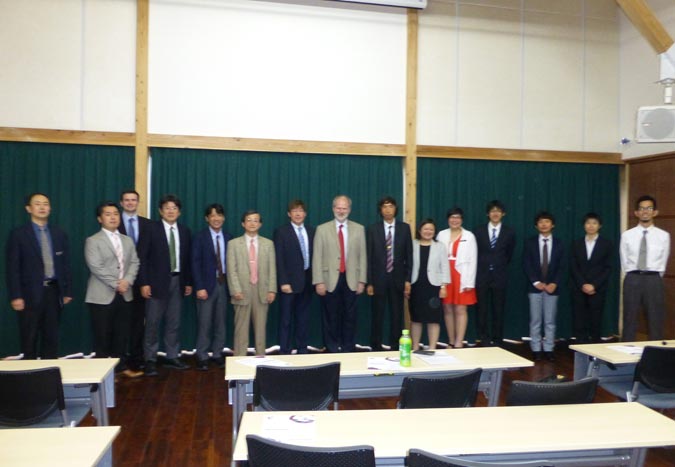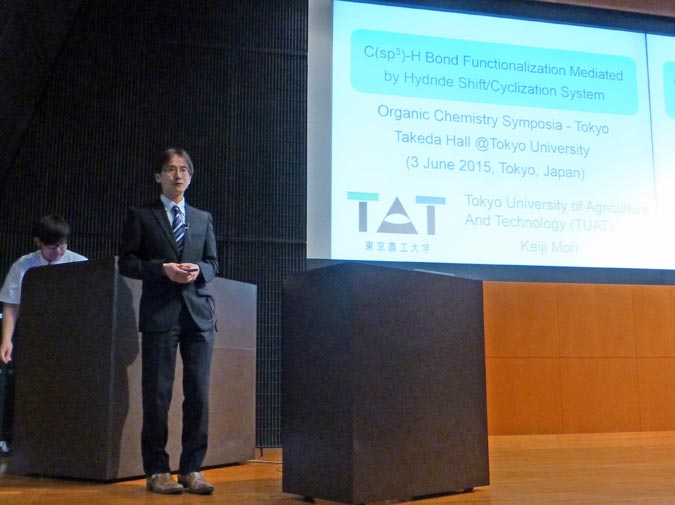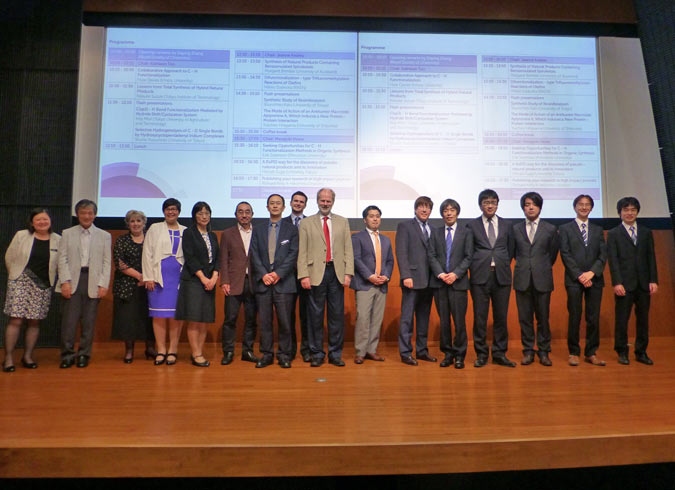Every year since 1958, the Council of Scientific and Industrial Research (CSIR) awards the Shanti Swarup Bahtnagar Prize for Chemical Sciences to up to two Indian scientists up to the age of 45 for exceptional and outstanding research.
 One of this year’s winners, Srinivasa Reddy, received the prize for his notable work in the fields of organic synthesis and medicinal chemistry. The research group of Dr Reddy is situated at the CSIR-National Chemical Laboratory in Pune, India, and not only works on the design and synthesis of new agrochemicals for advanced crop protection,1 but also develops new concepts and drugs for the treatment of diseases such as diabetes and Alzheimer’s.2–4
One of this year’s winners, Srinivasa Reddy, received the prize for his notable work in the fields of organic synthesis and medicinal chemistry. The research group of Dr Reddy is situated at the CSIR-National Chemical Laboratory in Pune, India, and not only works on the design and synthesis of new agrochemicals for advanced crop protection,1 but also develops new concepts and drugs for the treatment of diseases such as diabetes and Alzheimer’s.2–4
The prize includes a citation, a plaque and a cash prize and will be distributed by the Prime Minister of India. As part of the award the awardee will also be giving a lecture later on the topic of the award.
In line with this, at the end of this month one of the biggest and most important Indian meetings will be held in Jaipur – the 17th NOST-Organic Chemistry Conference, at which our India representative Deeksha Gupta will be present and one of OBC’s Editorial Board members, Christian Hackenberger will be giving a talk on the ‘Synthesis and Cellular Delivery of Functional Proteins’.
References
1 Srinivasa et al., “Silicon Incorporated Morpholine Antifungals: Design, Synthesis, and Biological Evaluation”, ACS Med. Chem. Lett., 2015, DOI: 10.1021/acsmedchemlett.5b00245.
2 Srinivasa et al., “Identification of noreremophilane-based inhibitors of angiogenesis using zebrafish assays”, Org. Biomol. Chem., 2015, DOI: 10.1039/C5OB01594D.
3 Srinivasa et al., “Synthesis of palmyrolide A and its cis-isomer and mechanistic insight into trans–cis isomerisation of the enamide macrocycle”, Chem. Commun., 2013, DOI: 10.1039/C3CC40541A
4 Srinivasa et al., “Zinc mediated allylations of chlorosilanes promoted by ultrasound: Synthesis of novel constrained sila amino acids”, Org. Biomol. Chem., 2014, DOI: 10.1039/C4OB00294F











